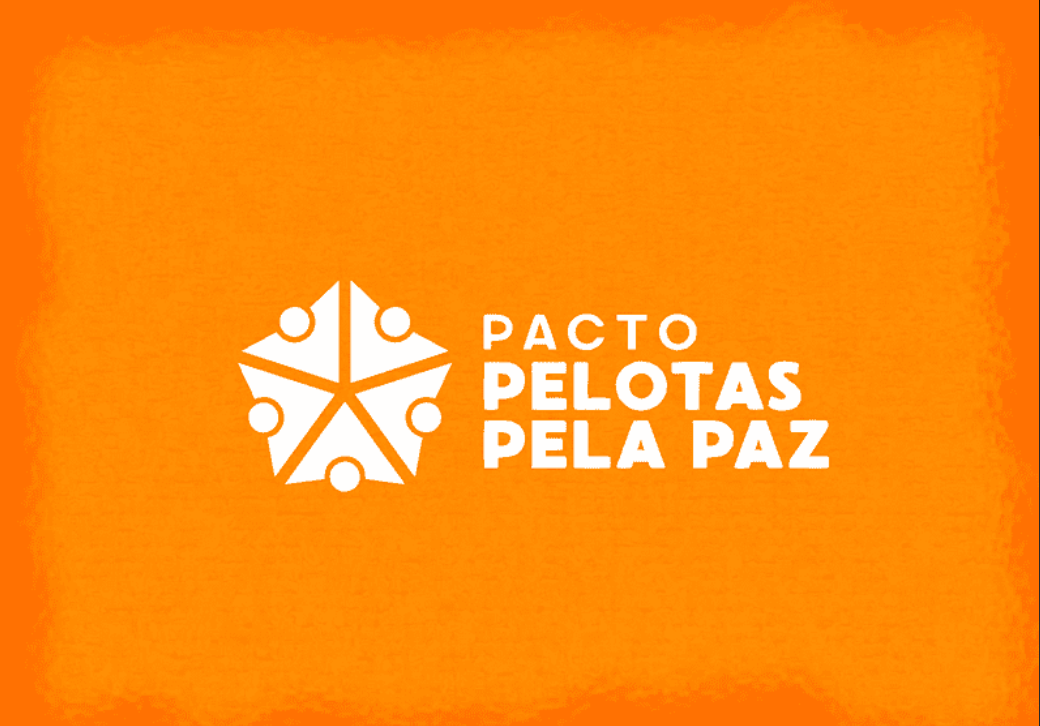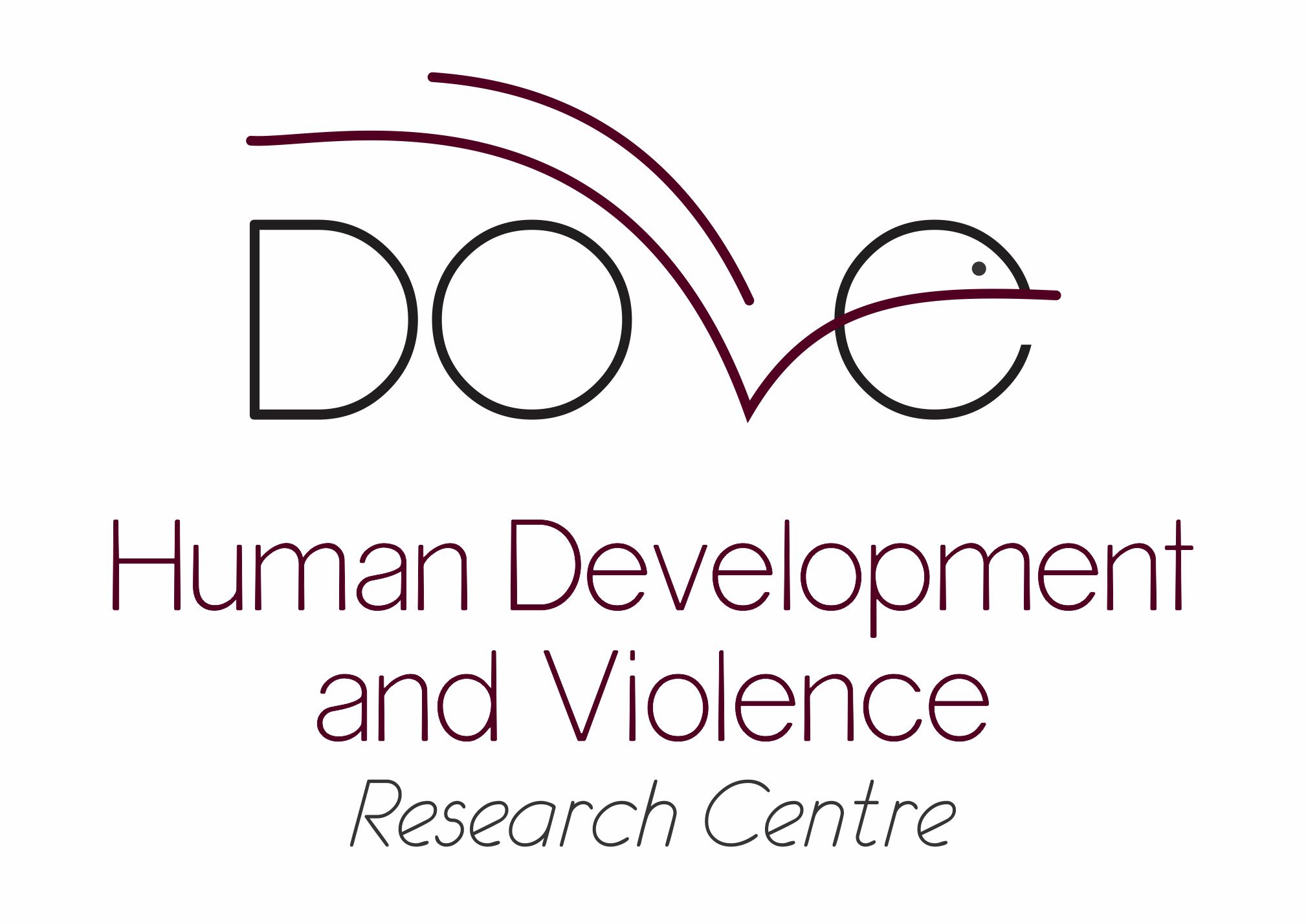Effects of the Pelotas Peace Pact on Violence and Crime

The Pelotas Peace Pact (the ´Pacto´) is a public policy initiative led by the Pelotas municipal government in 2017 to tackle the city’s growing problem of violence and crime. The initiative used an integrated approach to combat root causes of violence, such as limited access to basic services and economic opportunities, alongside more traditional criminal justice approaches, such as hotspot policing and deterrence. The Pacto has become internationally recognised as a flagship city-led violence prevention programme, and resulted in Pelotas being named as the world’s third “Pathfinder city” in the United Nations initiative to “End Violence Against Children”.
In a study published in The Lancet Regional Health – Americas, the DOVE team evaluated the effects of the Pacto on city-wide crime and violence. By using novel quasi-experimental methods, the team were able to estimate that the Pacto resulted in a 9% reduction in homicide and 7% reduction in robberies – that is 23 fewer homicides and 704 fewer robberies between August 2017 to December 2021. These reductions in crime and violence intensified during the COVID-19 pandemic, which stakeholder interviews attributed to the cross-sector strategy fostered by the Pacto. While the short-term effects of the Pacto are promising, continuous monitoring and evaluation is needed to understand its long-term impact on the city.
Publications
Degli Esposti M, Coll CVN, Viegas da Silva E, et al. Effects of the Pelotas (Brazil) Peace Pact on violence and crime: a synthetic control analysis. The Lancet Regional Health – Americas 2023;19: 100447. PDF


